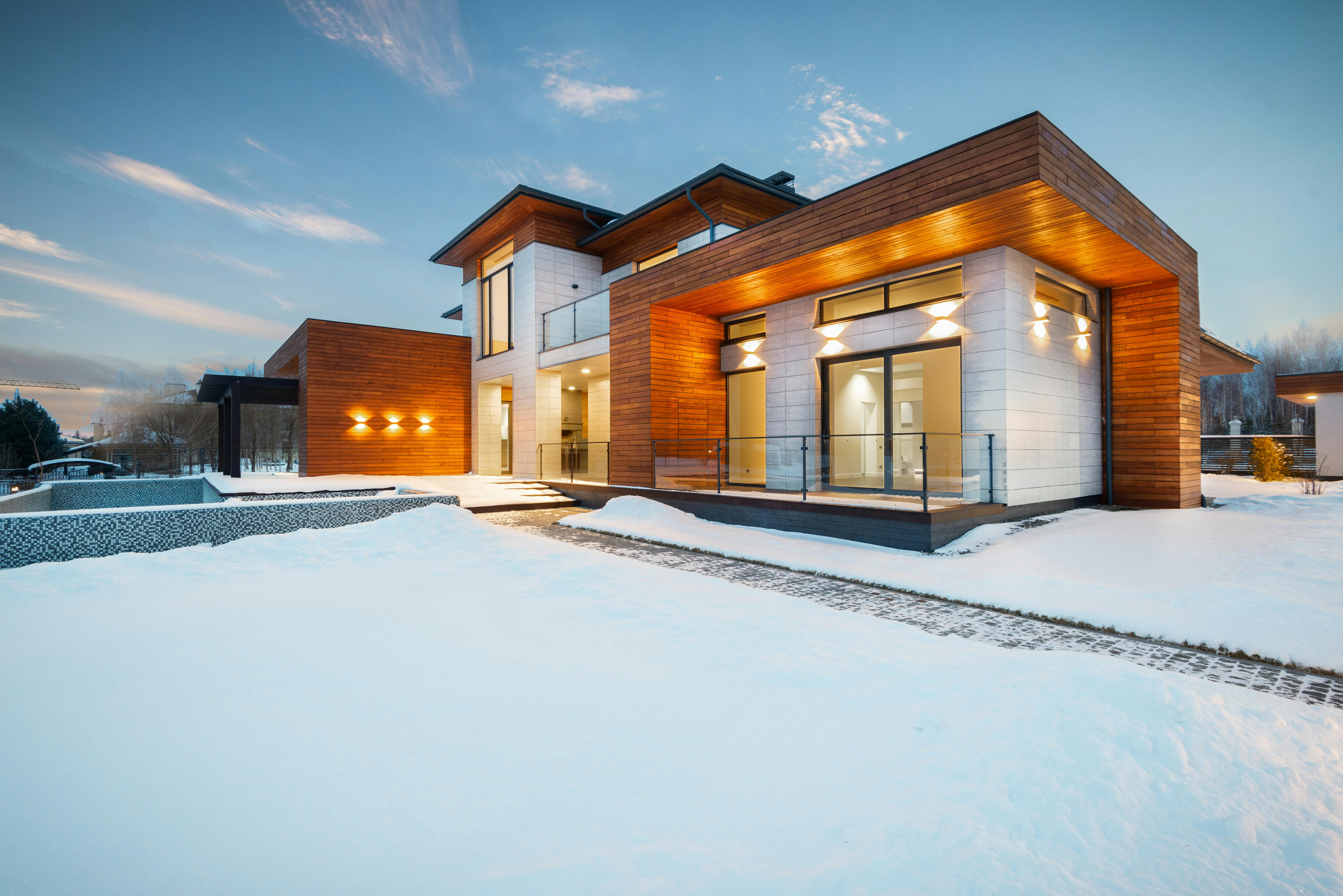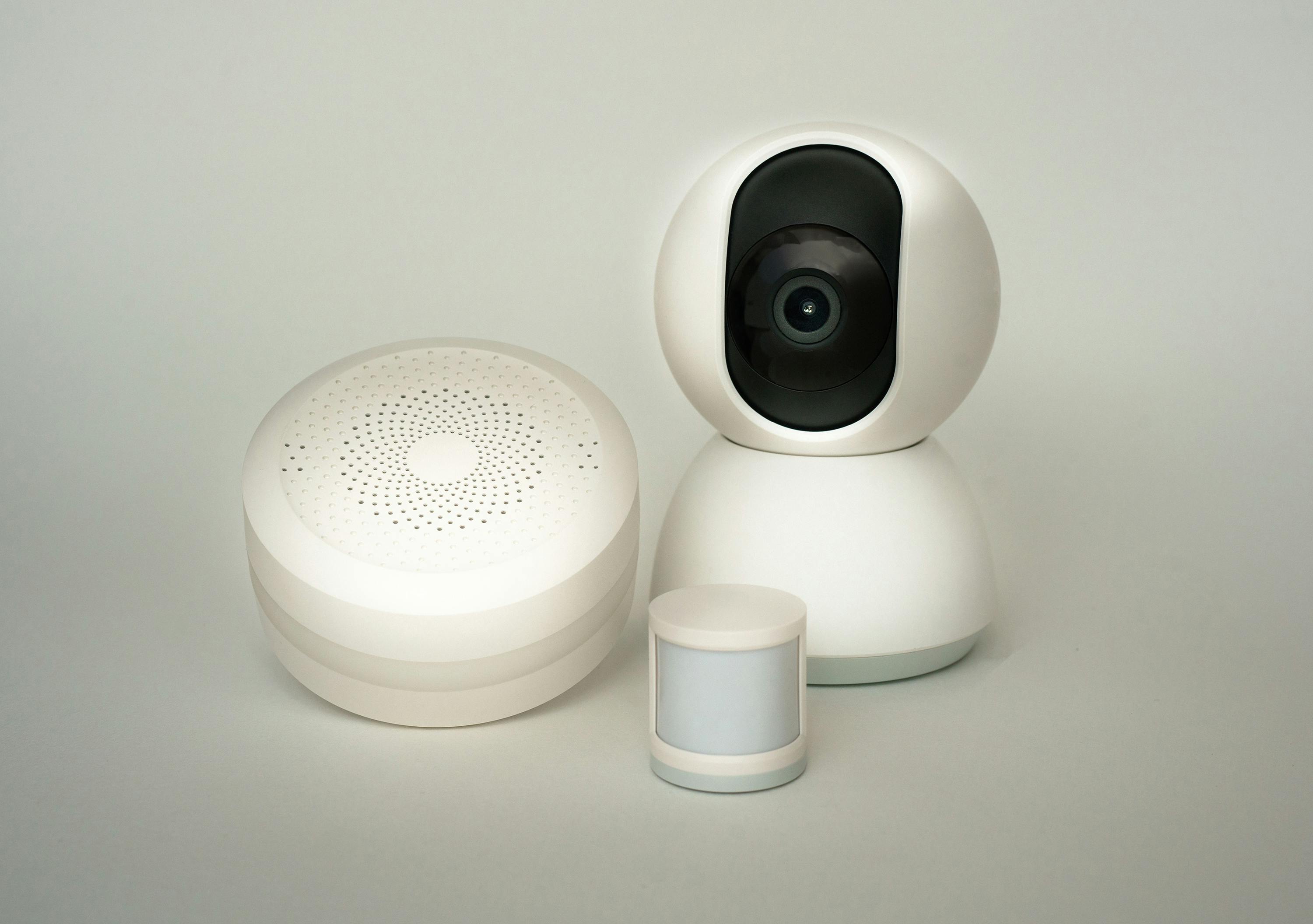Landlord Blog
Education and news for smart DIY landlords!
Future-Proof Apartment Design: How to Create Spaces That Adapt to Changing Needs

In an ever-evolving world, the concept of future-proof apartment design has gained significant traction. With changing lifestyles, technological advancements, and a growing focus on sustainability, the demand for adaptable and flexible living spaces has never been higher. Future-proofing an apartment goes beyond aesthetics; it is about creating spaces that cater to current needs while remaining versatile enough to accommodate future changes.
1. Flexibility Through Modular Design
One of the cornerstones of future-proof apartment design is modularity. Modular layouts allow spaces to serve multiple purposes, which is essential as family dynamics and personal needs evolve. For instance, a living room can double as a home office or a guest room with the help of foldable partitions or multi-functional furniture like wall-mounted Murphy beds and extendable tables. This adaptability ensures that the apartment can grow with its occupants, providing value and functionality over time.
2. Smart Technology Integration

Smart technology is rapidly becoming a staple of modern living. Integrating adaptable tech systems—like smart lighting, energy-efficient climate control, and voice-activated appliances—can future-proof an apartment by making it easy to upgrade as new innovations emerge. Wireless solutions are particularly beneficial, as they reduce the need for rewiring when new devices are introduced. A robust internet infrastructure is also critical to support these technologies, ensuring the apartment is ready for the digital age.
Read more: The Top Benefits of Smart Home Technology
3. Sustainability and Energy Efficiency
Sustainability is a key factor in future-proofing apartments. Energy-efficient designs not only reduce utility costs but also ensure compliance with future environmental regulations. Features such as solar panels, high-performance insulation, and energy-efficient appliances can make apartments more sustainable. Water-saving fixtures, like low-flow faucets and dual-flush toilets, contribute to resource conservation. Additionally, using sustainable building materials like bamboo, recycled wood, and low-VOC paints helps create a healthier indoor environment.
Read more: 7 Eco-friendly and Sustainable Home Ideas for Landlords
4. Adaptable Storage Solutions

Storage needs often change over time. Designing apartments with adaptable storage solutions, such as customizable closets, under-bed storage, and modular shelving, provides long-term convenience. These systems can be adjusted as residents accumulate or declutter belongings, offering a practical solution to evolving lifestyle demands.
5. Universal Design Principles
Future-proof apartments embrace universal design principles to accommodate occupants of all ages and abilities. Features like step-free entryways, wide doorways, lever-style door handles, and easily adjustable countertops ensure accessibility for everyone, including children, the elderly, and people with disabilities. By integrating such features, apartments remain functional for diverse needs over the years.
6. Emphasis on Health and Well-being
Designing with health in mind is increasingly vital. Incorporating natural lighting, proper ventilation, and biophilic design elements—such as indoor plants and natural materials—promotes physical and mental well-being. Additionally, soundproofing materials and layouts that enhance privacy contribute to a healthier living environment.
Read more: Buying a Home That Supports Health and Wellness: Key Aspects to Consider
7. Scalable and Multi-Use Outdoor Spaces

Outdoor spaces are often overlooked but can significantly enhance an apartment's functionality. Flexible designs, like balconies that can transform into small gardens, workout areas, or relaxation zones, maximize the utility of limited outdoor areas. Shared community spaces, such as rooftop gardens and co-working zones, further extend an apartment’s usability.
Final Thoughts
Future-proof apartment design is a blend of flexibility, sustainability, and technology. By focusing on modularity, smart systems, and environmentally conscious materials, architects and designers can create spaces that adapt to the ever-changing demands of modern living. These thoughtful designs not only provide a high quality of life for residents today but also ensure that the apartments remain valuable, functional, and relevant for years to come. Investing in future-proof design is a step toward sustainable urban living, meeting the challenges of tomorrow with innovation and foresight.
